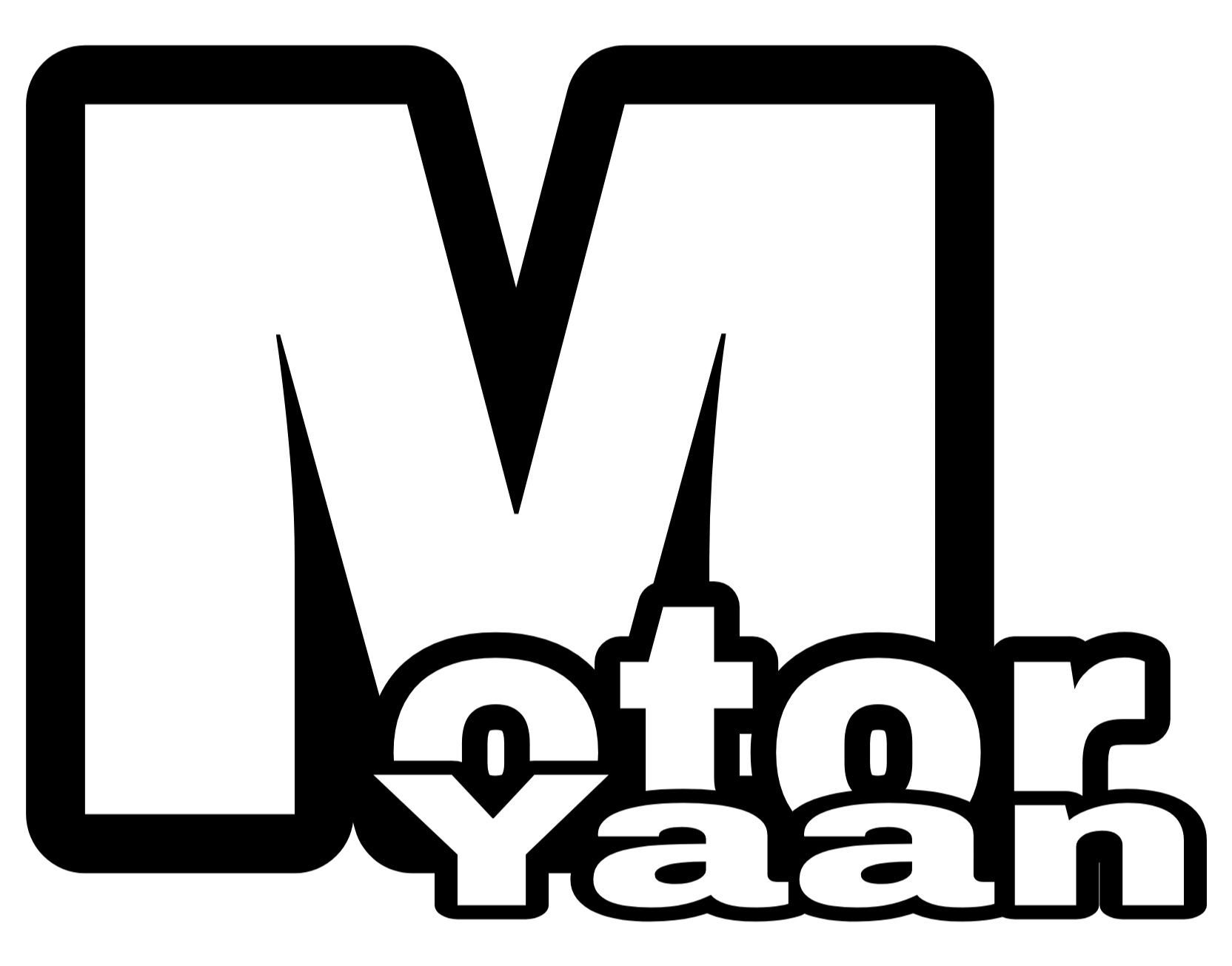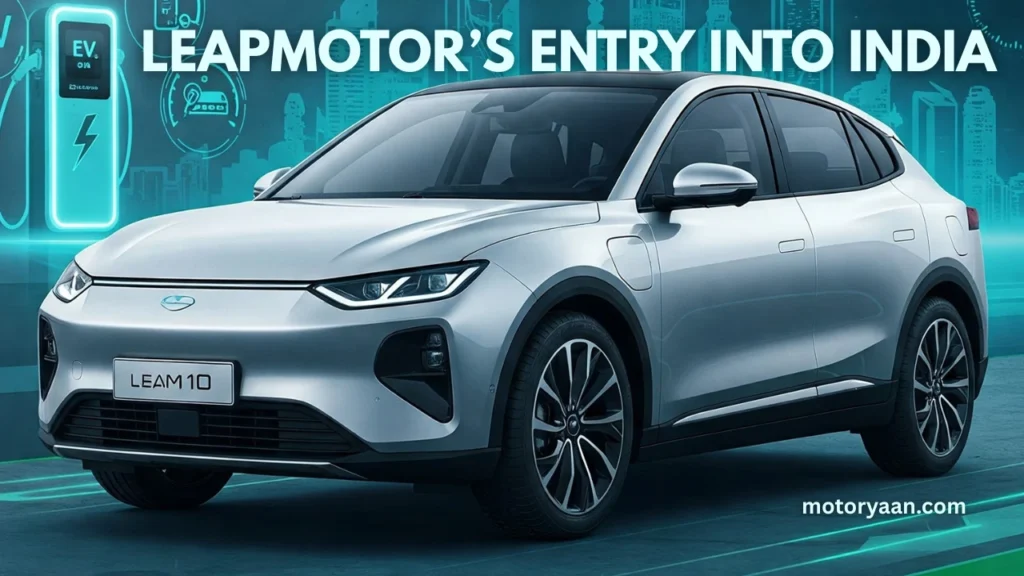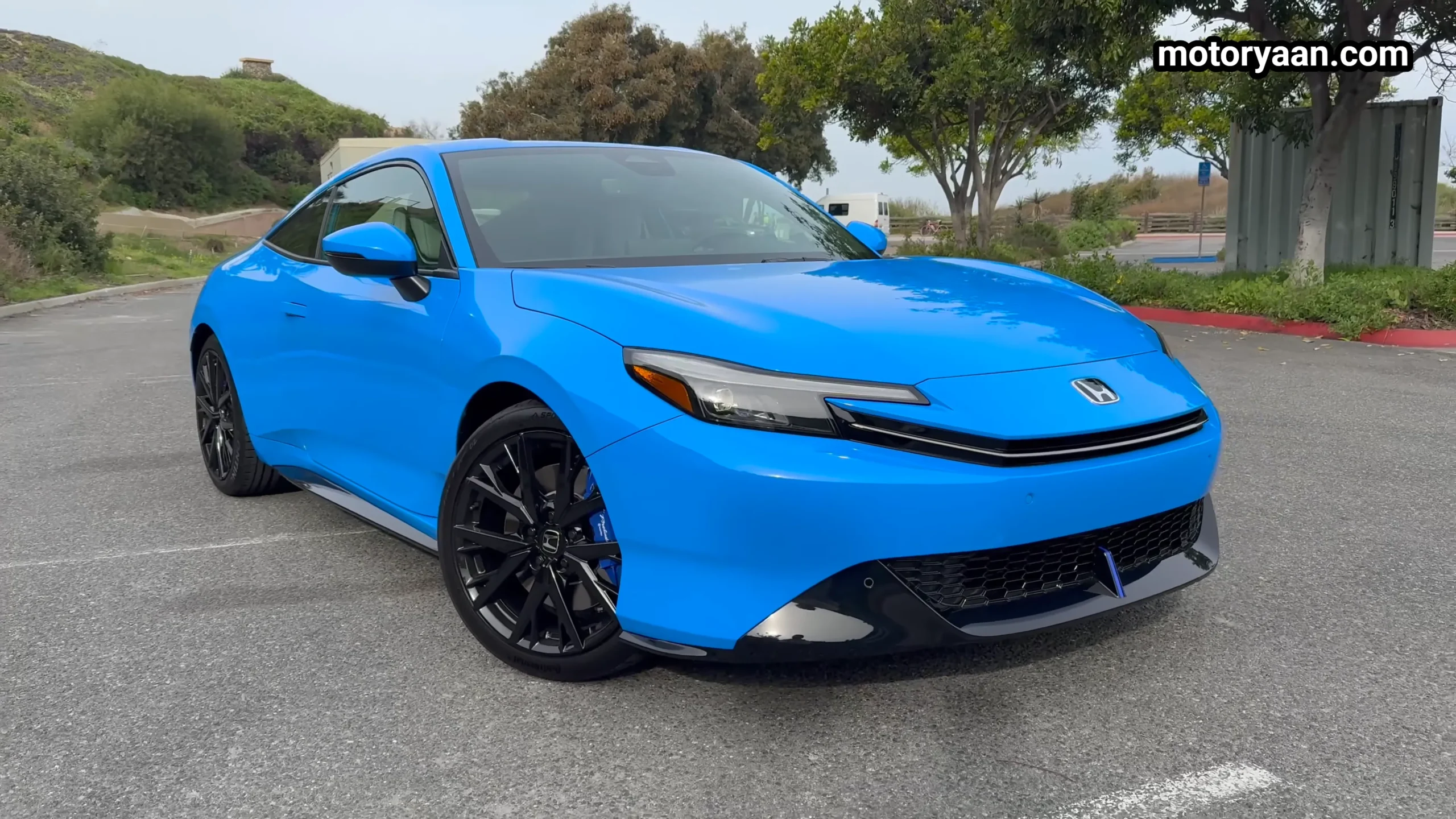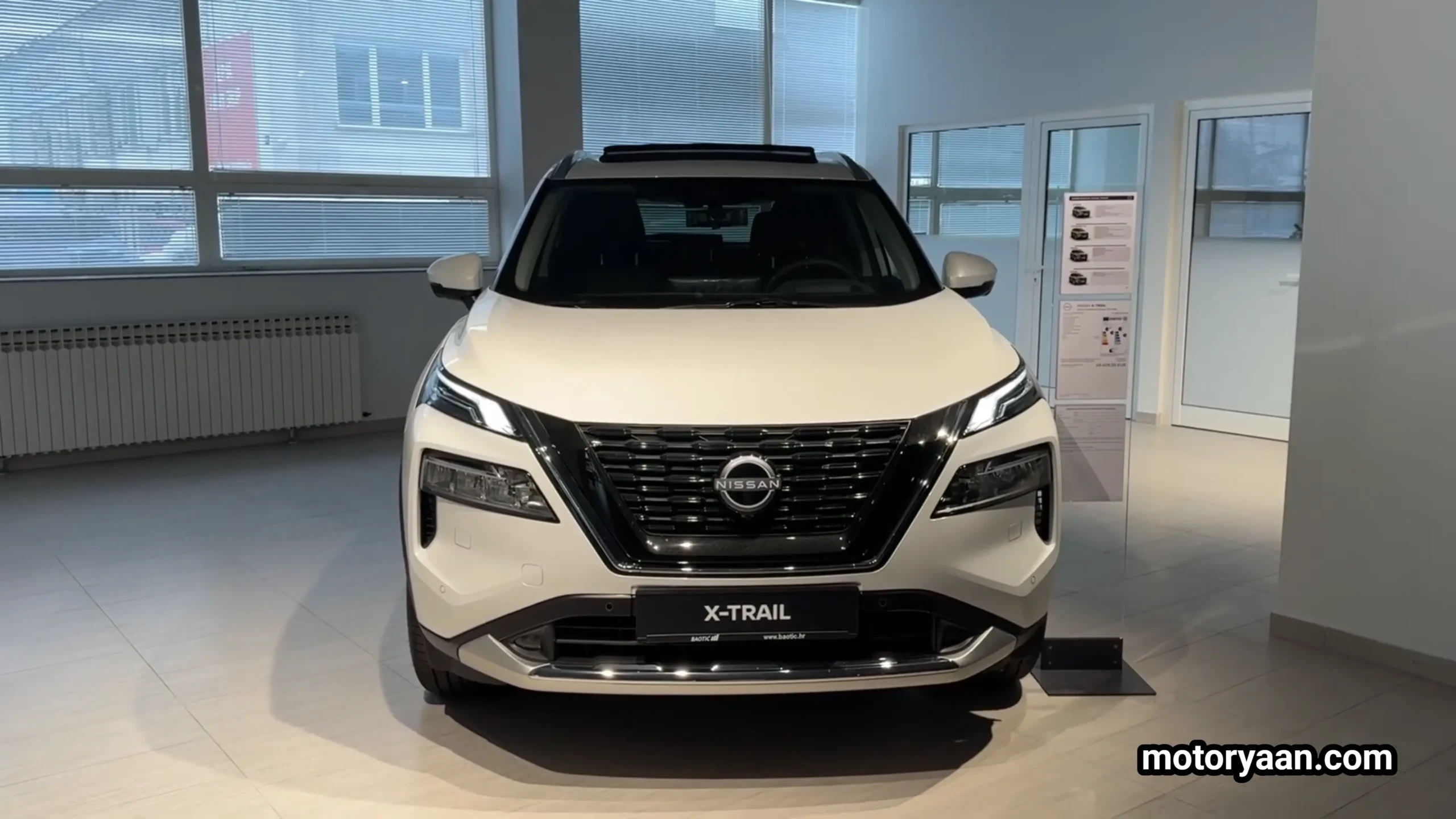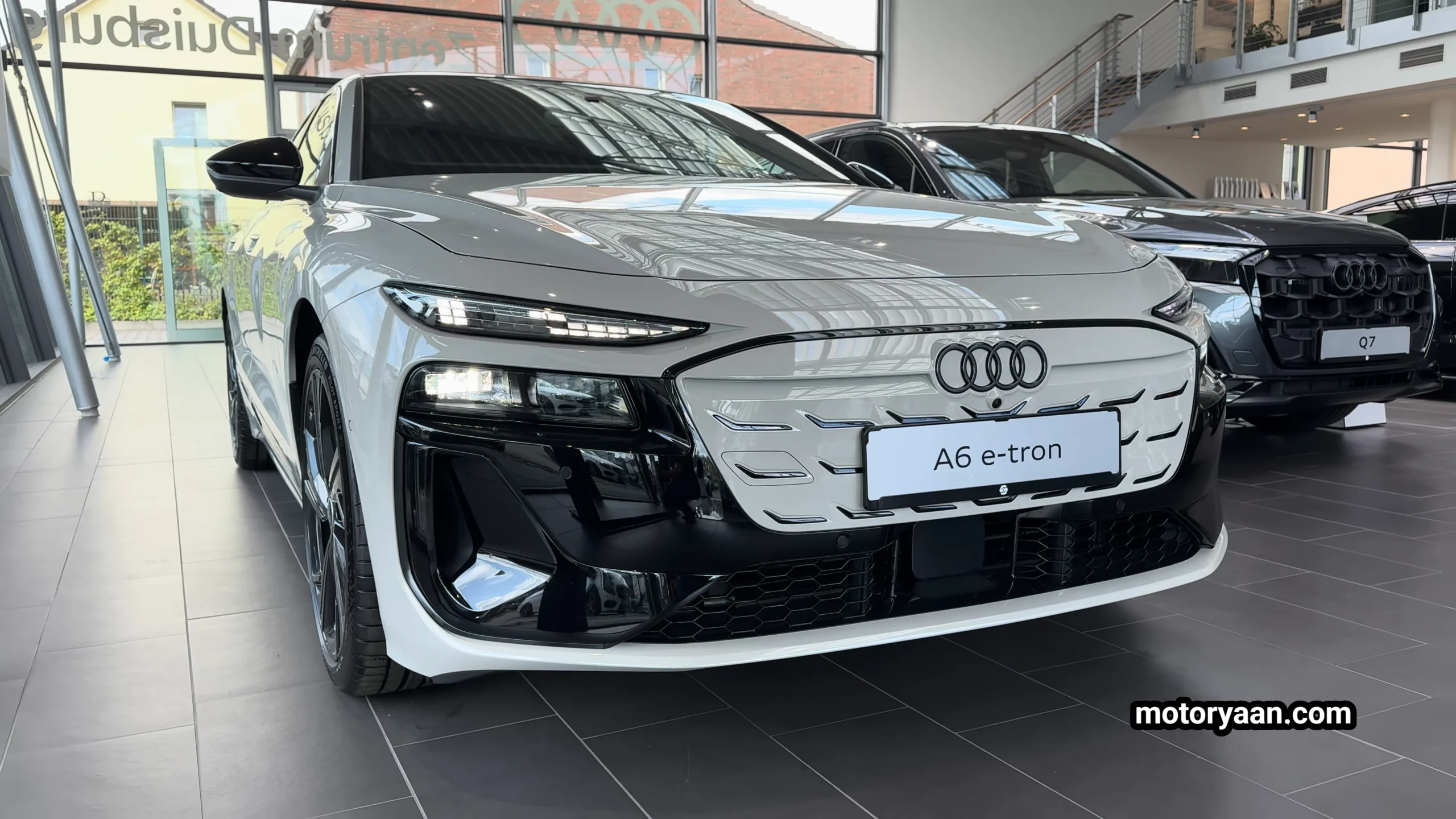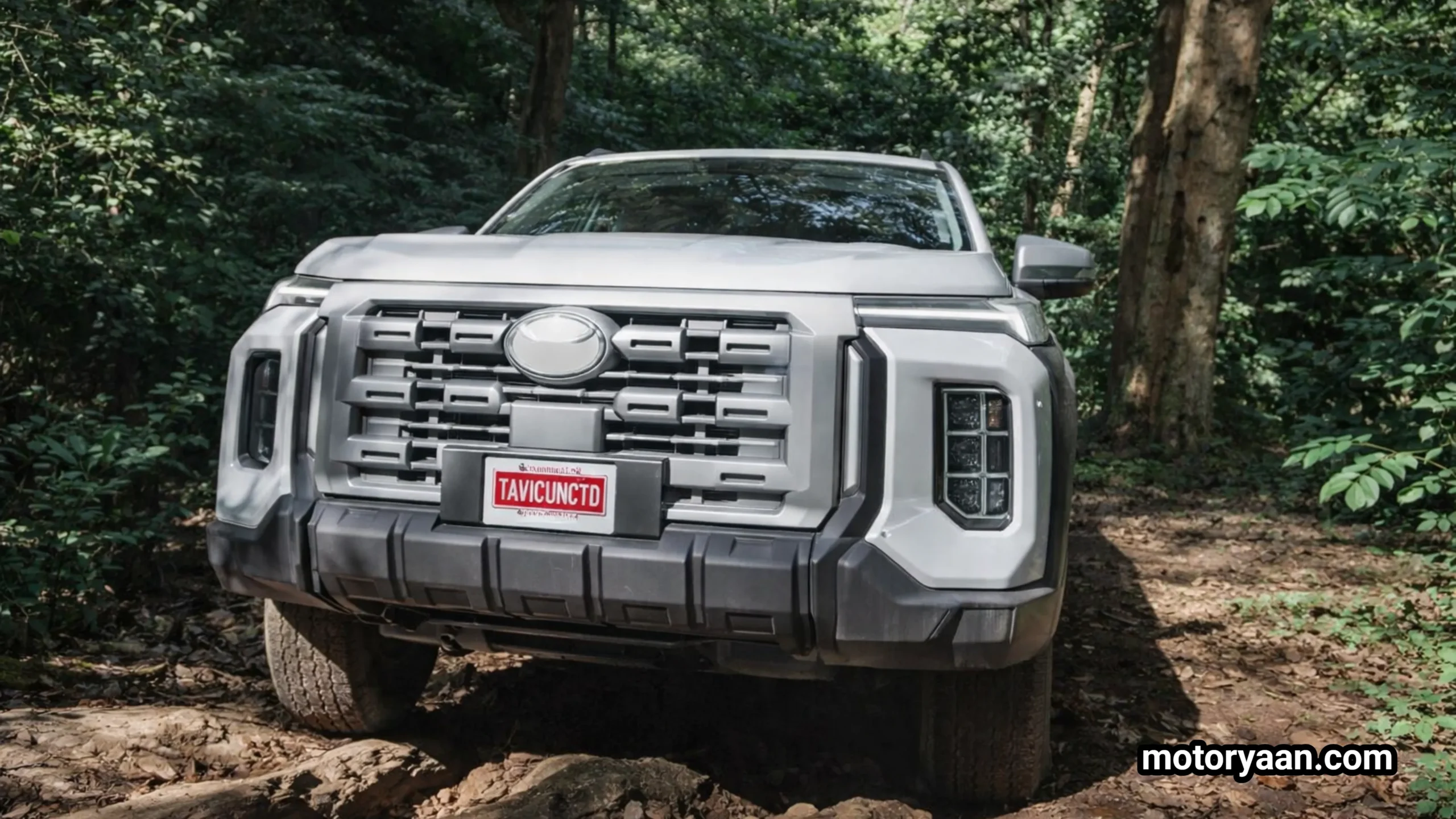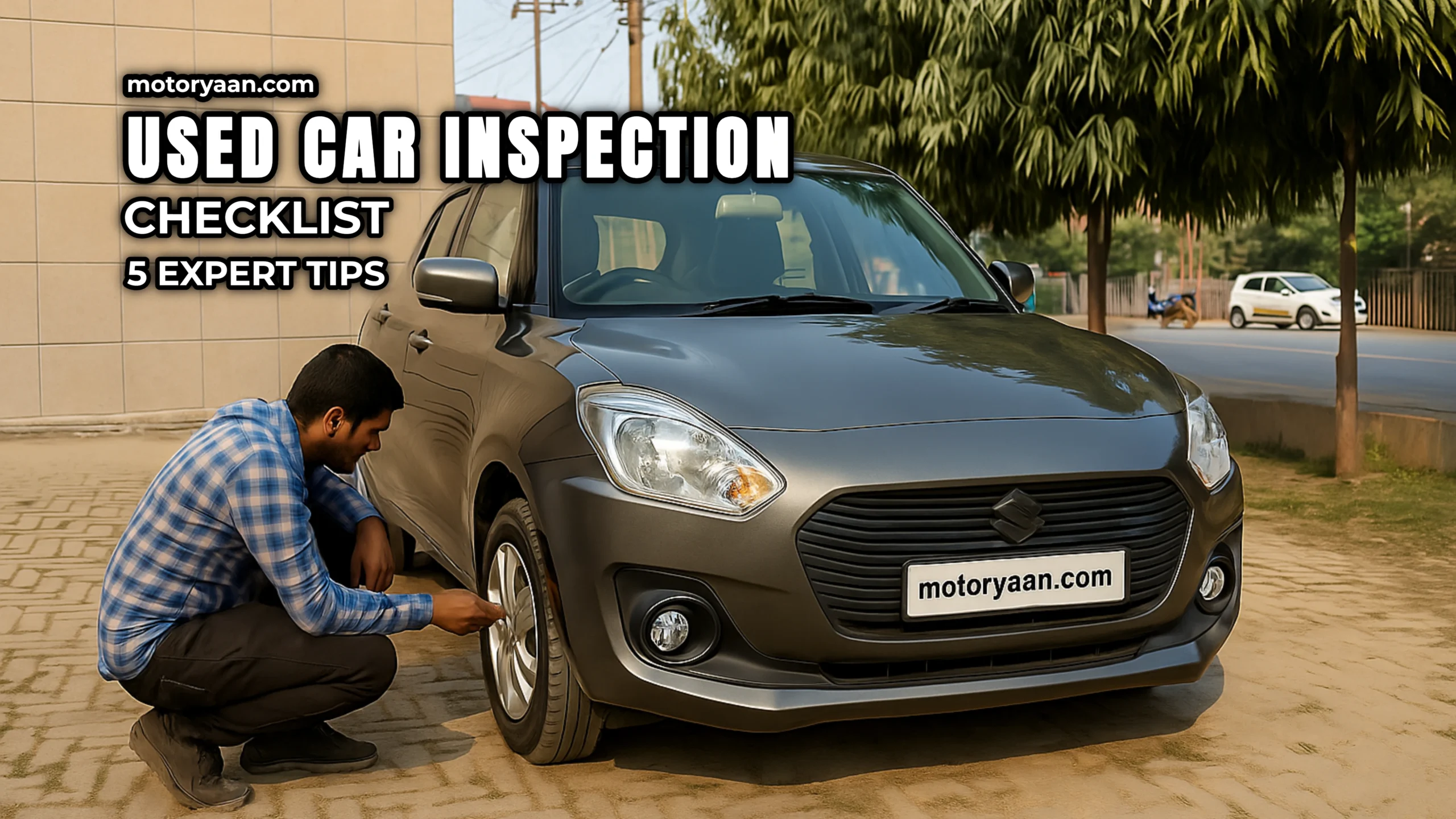Leapmotor’s Big Move: A New Chapter for EVs in India
In 2025, India’s electric vehicle (EV) market is gearing up for a transformation. One of the most talked-about changes is the arrival of Leapmotor, a rising Chinese EV brand. Backed by global auto giant Stellantis, Leapmotor plans to take on Indian roads with smart pricing, practical features, and modern designs.
Let’s break down what this means for Indian consumers, how it affects local carmakers, and what the future holds.
The Rise of Chinese EVs in Global and Indian Markets
Chinese EV brands are no longer just “new players” they’re dominating. In fact, the world’s best-selling EV is Chinese. Brands like BYD and MG are already winning Indian hearts with advanced features and competitive pricing.
Meanwhile, Indian automakers are struggling to keep up. Despite efforts from Tata and Mahindra, the challenge is real: Chinese firms are faster in tech, more flexible in pricing, and smarter in marketing.
Leapmotor: Who Are They?
Leapmotor is a Chinese electric car company that sees big potential in India. After showcasing their vision at the Beijing Auto Show, they’ve set their sights on becoming a key player here.
Here’s how they plan to do it:
Leapmotor C10
A mid-size electric SUV
Competes with the MG ZS EV and BYD ATTO 3
Offers more space and better pricing
Leapmotor T03
A compact city car
Designed for daily urban use
Focused on affordability and easy driving
Both models aim to offer high value at a low price, appealing to Indian families and city commuters alike.
A Smart Manufacturing Strategy
Instead of building factories from scratch, Leapmotor plans to use Stellantis’s existing facilities. This move helps:
Reduce costs
Speed up launch times
Deliver cars faster to Indian customers
They’ll start by importing completely built units (CBUs) and eventually shift to CKD (completely knocked down) production for local assembly.
Challenges for Stellantis in India
Stellantis owns Jeep and Citroen, but neither brand has made a strong mark in India. With Leapmotor, they’re hoping for a fresh start. However, they’ll need to fix past issues like weak dealership networks and unclear strategies if they want to succeed.
The EV Market: A Tough, Open Race
The Indian EV market is becoming more brand-neutral. Consumers care more about:
Tech features
Affordable pricing
Long range and battery life
That’s where Leapmotor might shine. While local brands like Tata still hold a large share, many buyers are open to trying new brands if they offer better value.
Changing Views on Chinese Brands
Earlier, Chinese car brands faced hesitation in India due to political issues. But now, consumer mindsets are shifting. People are starting to focus more on:
Build quality
Features and tech
Value for money
Brands like BYD and MG have already proven this change. Leapmotor hopes to follow their path.
What’s Next: The 2025 EV Boom
Experts believe 2025 will be a turning point for electric vehicles in India. The market is growing fast, and newcomers like Leapmotor have a real chance to succeed if they:
Launch smartly
Price their models competitively
Build a strong service and dealer network
Final Thoughts
Leapmotor’s entry is not just another car launch it’s a sign that India’s EV landscape is truly evolving. With a focus on value, tech, and smart strategy, brands like Leapmotor are set to challenge the status quo. For Indian consumers, this means more choices, better pricing, and exciting innovation in the electric car space.
For more updates, car reviews, and in-depth coverage of the latest EV launches, visit Motoryaan.com.
